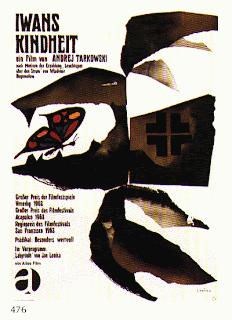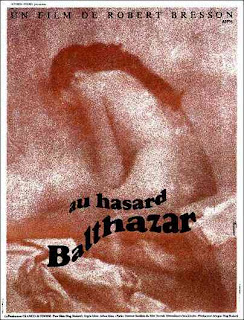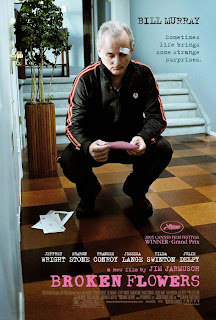DVD: Sling Blade (Thornton, 1996)
 When I first saw this film a few years ago, it was one of the most surprisingly enjoyable films that I had expected to be not very good that I’d seen in a long time. Knowing that it was coming from Billy-bob Thornton (almost completely, as he directed it, and wrote it, and is the unrecognizable star of it), I had low expectations since I associated him with Armageddon and Angelina Jolie. Watching it now I was very happy that it mostly holds up. My only issue with it is the music, which is occasionally stunning (the opening track, the track played that leads up to the film’s climax), but mostly just sounds like adult contemporary folk jams.
When I first saw this film a few years ago, it was one of the most surprisingly enjoyable films that I had expected to be not very good that I’d seen in a long time. Knowing that it was coming from Billy-bob Thornton (almost completely, as he directed it, and wrote it, and is the unrecognizable star of it), I had low expectations since I associated him with Armageddon and Angelina Jolie. Watching it now I was very happy that it mostly holds up. My only issue with it is the music, which is occasionally stunning (the opening track, the track played that leads up to the film’s climax), but mostly just sounds like adult contemporary folk jams.
Sling Blade is more contemplative than I remember, using very long shots that often don’t have much going on, like the protagonist Karl wanders from the foreground to the back and then returns to the foreground, or two characters have a five-minute conversation and the camera is fixed on them without moving. Things that I never would expect from Mister Billy-Bob.
I hadn’t noticed this before, but this film comes down to being a very interesting look at the differences between good and evil. Karl is initially locked away in a mental institution for about 25 years for killing his mother and her lover because he thought that she was being raped. He killed the ‘suspect,’ and in a fit of rage, killed his mother for screaming at him for killing the lover. Obviously, what Karl ended up doing is bad, even though he had good intentions of saving his mother from a rapist. He interpreted a situation of love or lust as evil, and did what he thought was right. Now, he vows that nobody should kill anyone, but eventually ends up killing, once again, something that he views as evil. This time it is not an instinctive reaction, but is a long premeditated build to violence that he has thought out to the best of his ability and deems as the only solution in order for someone else that he loves, a boy named Frank that he befriends throughout the movie, to end up with a decent life. The film cannot be viewed as only a film about how one can sense what is good and what is evil, as it shows something more complex.
Billy-Bob and Dwight Yoakam, who plays Doyle, the film’s villain (and one of the scariest villains that I’ve seen in film) are spectacular in this. John Ritter is hilarious as the sensitive gay friend Vaughn who self-righteously sees the beauty in all people (and may or may not be psychic). The rest of the cast ranges from not very good to okay, but they don’t manage to bring anything else down because there is too much good that offsets the bad.
DVD: Sling Blade (Thornton, 1996) Read More »







